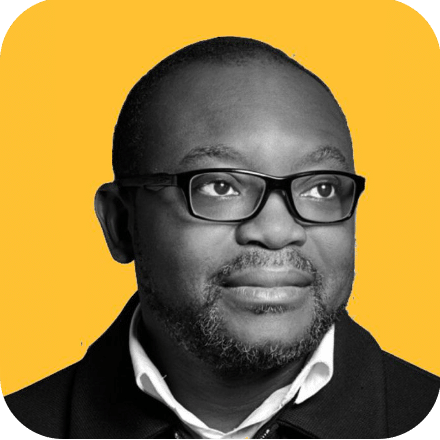Le réalisateur camerounais Thierry Ntamack annonce pour bientôt la sortie officielle de son prochain film Walaande. Une adaptation du roman éponyme de l'écrivaine camerounaise Djaïli Amadou Amal. Le long métrage fiction est le produit du programme Scripto Sensa...
The African Spiritual Void
In discovering Candomblé, the Afro-Brazilian religion born from slavery, I began to reflect on Africa's current spirituality. Afro-Brazilians teach us a crucial lesson: when Africans face dehumanizing and unbearable conditions, they must resist, and this resistance...
Brazil: From the Capoeirista to the Muntu
The Brazilian model of racial mixing has long been considered a utopia, a vision of what a non-racist humanity could be. Mixed race is indeed a reality in Brazil, a country where almost everyone is, in some way, a little black, a little white, a little indigenous......
In today’s world, we are inundated with illness—not only physical disease like COVID-19, but also social and political maladies. The rise of extreme-right movements, escalating violence, and human suffering highlight our global sickness. For so long, art, knowledge, and culture were seen as shields against such ills, but one must ask now: how effective are these defenses if they neither prevent nor cure our ailments? What purpose do they serve?
As filmmakers, we find ourselves at a crossroads. We must consider whether cinema, and art in general, can still claim a role in healing the world. For too long, we have crafted films aimed primarily at Western audiences, seeking their recognition and financial rewards. But in doing so, have we not neglected the very place where we stand? This reflection forces us to shift focus—our cameras, our stories, our creativity—back to Africa. Not merely as a geographical location but as a spiritual and intellectual ground from which we must launch our cinematic endeavors.
Cinema is not just about entertainment; it’s about motion, movement—kinema. And today, what we need is to put Africa, its history, and its future in motion. The world has left us behind, stagnating in a place where colonialism and modernity have trapped our imaginations. Our task as filmmakers is to push Africa, and indeed the whole world, out of this quagmire. We must inspire reinvention, both as Africans and as humans. We hear the buzzword “Afrofuturism” thrown around, but what does it mean if we do not first reclaim the power of cinema itself?
This transformation is not just about the stories we tell, but about how we tell them. It’s about recognizing the responsibility we bear as creators—not merely to reflect society but to heal it, to offer a path forward. This is the essence of what I call “Healing Cinema.” Through it, we aim to care for our rapidly dehumanizing world, a world being reshaped before our eyes by technology and finance, often at the expense of our shared humanity.
This week in Paris, I am sharing these humble ideas with those who care to listen. It is my belief that cinema has the potential not just to entertain or inform, but to heal. But first, we must heal the medium itself, and through that, help humanity heal too.
Jean-Pierre Bekolo : “Les cinéastes africains craignent la littérature”
Le réalisateur camerounais Thierry Ntamack annonce pour bientôt la sortie officielle de son prochain film Walaande. Une adaptation du roman éponyme de l'écrivaine camerounaise Djaïli Amadou Amal. Le long métrage fiction est le produit du programme Scripto Sensa...
The African Spiritual Void
In discovering Candomblé, the Afro-Brazilian religion born from slavery, I began to reflect on Africa's current spirituality. Afro-Brazilians teach us a crucial lesson: when Africans face dehumanizing and unbearable conditions, they must resist, and this resistance...
Brazil: From the Capoeirista to the Muntu
The Brazilian model of racial mixing has long been considered a utopia, a vision of what a non-racist humanity could be. Mixed race is indeed a reality in Brazil, a country where almost everyone is, in some way, a little black, a little white, a little indigenous......




0 Comments